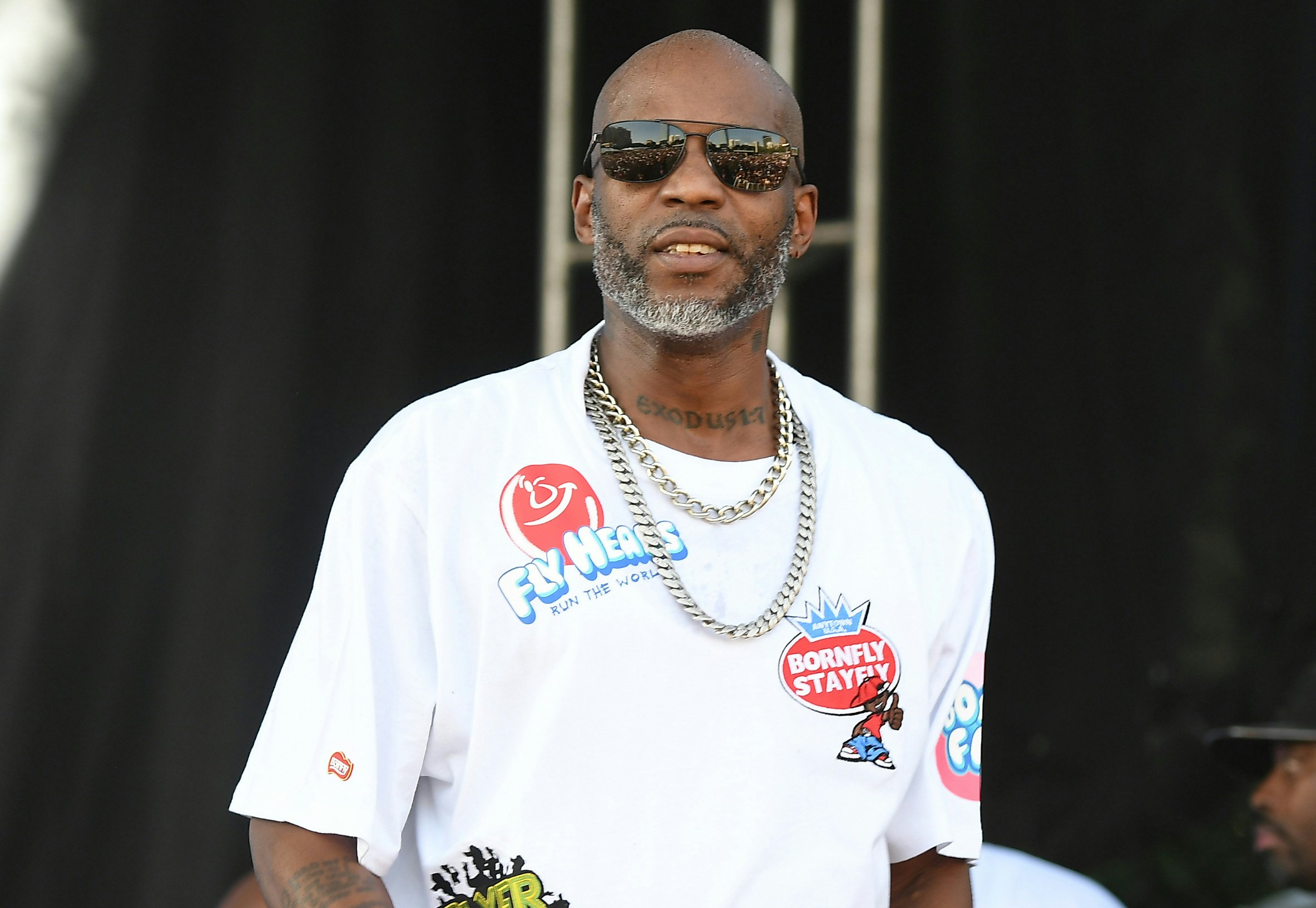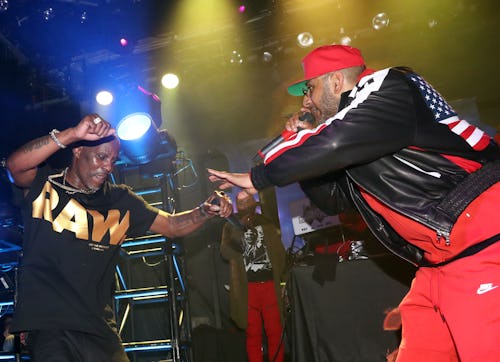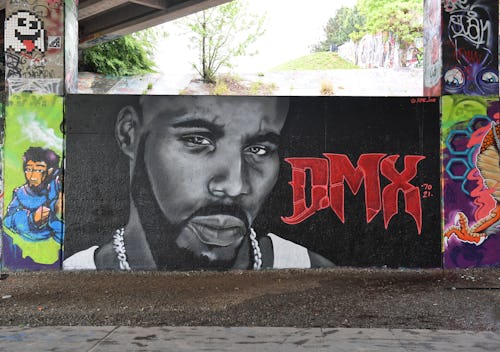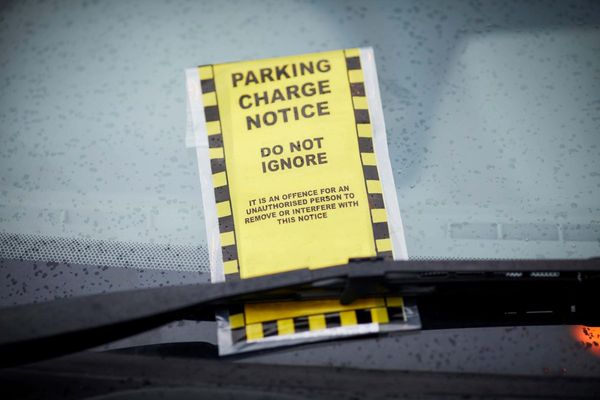
After nearly three months or mourning, reports have surfaced over the cause of DMX's death being attributed to a cocaine-induced heart attack that effectively cut off circulation to his brain. The details of his death should be yet another wake-up call to hip-hop on its deleterious relationship with drug addiction.
A Vulture source at Westchester County medical examiner’s office detailed the final moments of DMX's life. According to their recounting of events, paramedics attempted to revive him seven minutes after a call for emergency help was made on his behalf. They made it to the hospital roughly 30 to 40 minutes later, and at one point, his heart was revived and he had a pulse. But, the source attests DMX's drug addiction had claimed his life before anyone made an attempt to save it that night.
“His death literally happened immediately because the brain was dead,” the source said.

Hip-Hop's sordid history with drug abuse makes DMX's death unfortunate but not surprising. A little over two years before DMX's untimely passing, Mac Miller left this plane of existence due to an accidental overdose of fentanyl, alcohol and cocaine. Five years before Miller's death, Chris Kelly of '90s hip-hop duo Kriss Kross died from an accidental overdose of heroin, ethanol, hydrocodone, alprazolam, and cocaine. Nearly a decade earlier, Wu-Tang Clan founding member Ol' Dirty Bastard collapsed in a recording studio and passed away shortly after due to a lethal combination of cocaine and the prescription drug Tramadol. His death occurred one day after he missed what would've been his final performance with Wu-Tang Clan. And that's not mentioning Lil Peep, Juice Wrld, or the other rappers whose deaths were not reported because of their lack of fame.
More often than not, the root of drug addiction reaffirms the fragility of the human existence where any one of us is a few bad mistakes away from setting off a lethal chain of events. DMX's drug addiction began after he unknowingly smoked a crack-laced blunt given to him by his 30-year-old music mentor at 14-years old. Decades later, when he recounted the story on Talib Kweli's podcast People's Party in November 2020, five months before his death, he was still wrestling with those demons. "Why would you do that to a child? He was like 30 and he knew I looked up to him. Why would you do that to someone who looks up to you?" The cruel irony of it all is he was wrestling those demons in a hip-hop arena that glorifies drug abuse for an audience of fans who look up to DMX as he did his mentor.
In a 2016 interview published less than six months after Future dominated the rap game with an album named after a prescription drug cocktail, hip-hop's codeine spokesperson revealed he isn't as drugged up as his music leads people to believe. For the man who quite literally told the world "I'm an addict, I can't even hide it" on "Codeine Crazy," his proliferation of drug references is due to that being the content he feels fans want to hear. He may have perpetuated an exaggerated drug addicted image in order to make money from fans, but that just means he's OK giving actual drug addicts a soundtrack for their affliction.
"My music may portray a certain kind of image and I know it’s some people that might be super drugged out and they listen to the music like, ‘Ay thank you, you speaking for me,'" he said.
Rappers feel trapped in an image they created to the point Future said years later he hid the fact he was no longer drinking lean so his fans wouldn't attribute that to why his music changed. That prison often feels like paradise when you take previously impoverished artists and give them enough money and access to get any drug they want. It becomes a real mind fuck when the source of that new wealth is music that promulgates the very lifestyle that is killing them. Luckily, a new generation of rappers are being more transparent about their fights with addiction.

In June, rapper Young M.A. announced on Instagram she was entering into rehab to kick an unspecified addiction, a front-facing admission seldom seen in in hip-hop. New school rapper Smokepurrp let his fans know he went to rehab following the 2017 drug overdose death of his friend and fan favorite Lil' Peep by telling them “If I talked about drugs, then I can talk about going to rehab" in a 2020 HipHopDX interview. Even Future rapped, "I might go to rehab this year" on Rich The Kid's 2018 song "No Question" a year before admitting he was sober.
Hip-hop is epicenter of cool and is ruled by trends. Making rehab trendy may be the best bet we have at seeing our favorite rappers live into their old age and not be crushed by the drug addiction prison that made them rich.






